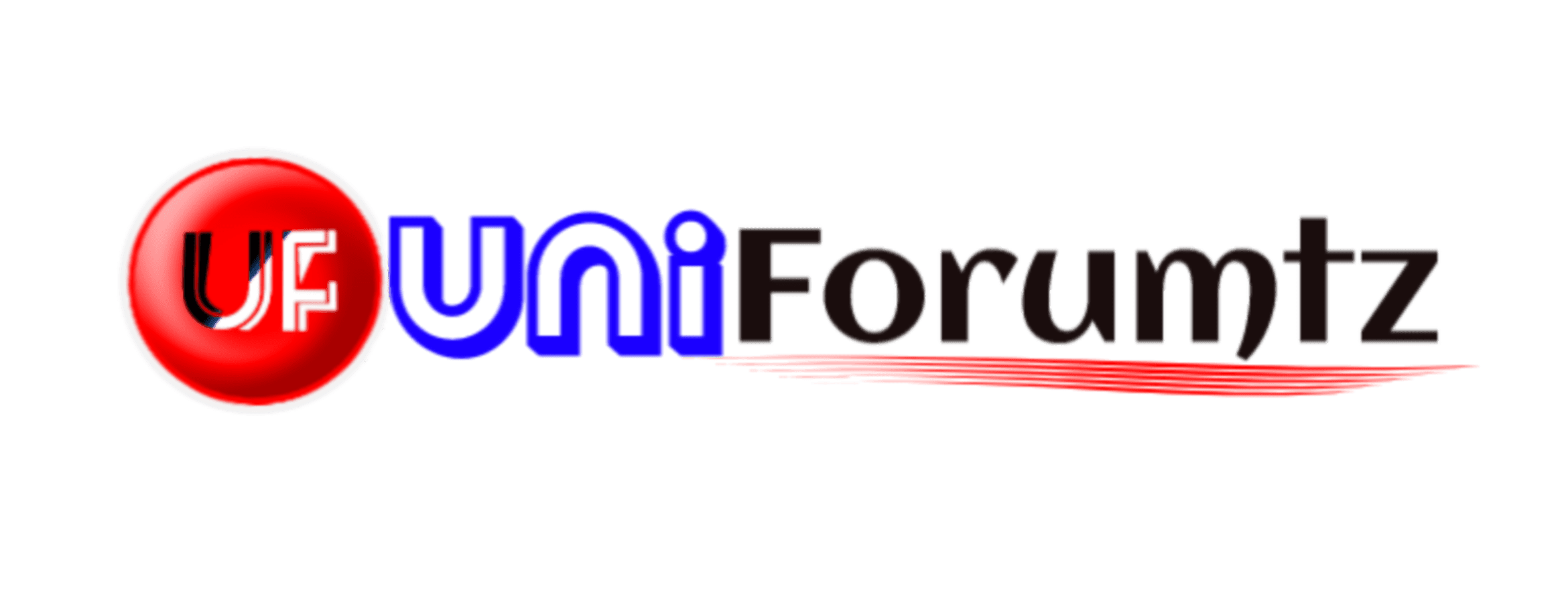You are looking for a job or you are looking for a new job, so you prepare your own CV or maybe with professional help as through WorkPlace, after you start sending them to advertised jobs, and expect instant success.
Since your interesting CV will give you the work of your own dream, won’t it? So, that’s not true. A modern and customized CV is an essential part of your job search, but it does not in itself provide you with the job.
In fact, the only thing that will enable you to win a job is to invest effort at all levels until you achieve the work of your dreams.
Instead of putting all your eggs in one basket, investing in all stages of the job search process is very important. The steps are as follows:
1. Job Planning
Do you fully understand your strengths? Do you know what positions are best suited to your skills?
Do not send your résumé to a variety of related work in the hope that it will happen at least one job to match the features available in your CV.
Sending job applications blindly results in failure because the credentials may not match your ability or expertise, or your CV may lack the necessary content for the roles you are applying for.
Understand yourself first and then look for opportunities that are most relevant to your knowledge.
2. Researching and Make Network
What jobs are available in your area of expertise or profession? What is the best way to apply for these positions? Have you researched the companies you want to work for? Did you reach people on your network for ideas or guidance?
Better research and networking can help you discover the best options, discover new opportunities, and provide you with information that give you awareness
3. Strategies Fir Searching Jobs
How do you plan to identify and apply for a position? What plans do you have to overcome the challenge? Do you have any knowledge of modern methods of job search?
It is good to increase your understanding of how to find a job so that you can set timely and strategic plans.
The use of networks like LinkedIn, an understanding of how online application applicants’ CVs like ATS (Applicant Tracking System) work, as well as about CV and Competency-based interviews are inevitable in this era if you want to get a dream job. your
4. Job Application Documents
Do you have a good letter of application to accompany your CV? Have you spent your time developing your powerful LinkedIn profile? Can the references you put on your CV give positive feedback about your profession?
Yes, a good CV is important (and getting help preparing a modern CV is a good idea), but each of the above mentioned documents can be considered as well.
Invest the same strength in all job solicitation documents, including building a strong online presence through LinkedIn, creating a modern application letter, and having ready references.
5. Preparation For Interview
Are you prepared enough to win an interview? Can you explain your skills with confidence? Can you reconcile your experience and skills with the positive results you can bring to the job you are applying for?
Do not assume that when your CV gives you a passport at the interview gate then you will be guaranteed a job. The hardest part of the job finding process is still to come and you must be prepared.
Set aside enough time to practice interviewing. Engage professionals to guide you through this process if you have any concerns.
6. Discussion about payments
When the question about wages comes up, what will you say? Do you understand your value? What are the salaries of like-minded people in the industry? Are you sure you can’t lock yourself in and get paid below average?
Generally, discussions about money are the most sensitive issue in the interview process. Discussing wages often causes anxiety for both parties, but it is a normal part of the job search process.
If you want to negotiate from a position of power, preparation is very important. An article on how to negotiate a salary is available on our website.





